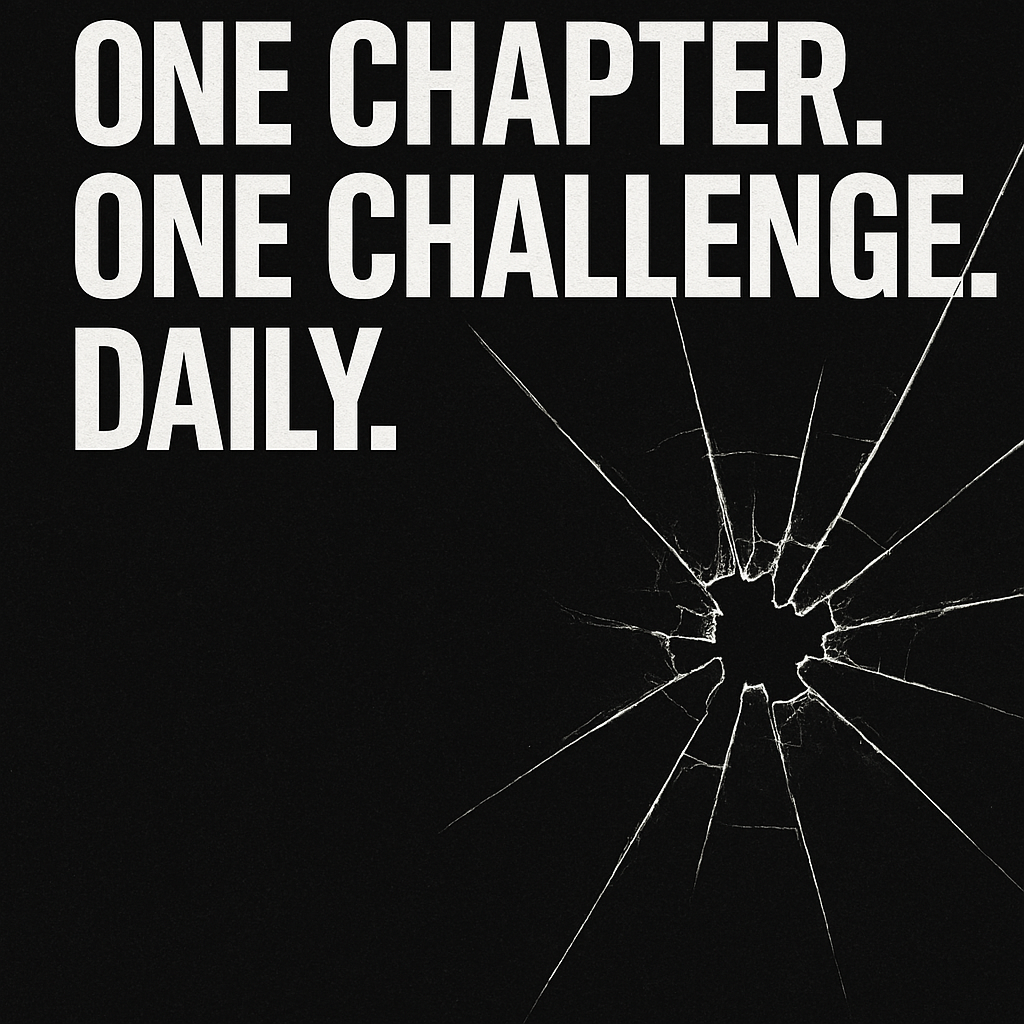
Holocaust
I. Brutal Truth: Media Transforms Atrocities into Consumable Narratives
In this chapter, Baudrillard argues that the media's representation of historical atrocities, such as the Holocaust, transforms them into simulations that can diminish their profound reality. By converting these events into televised narratives or cinematic experiences, society risks replacing the raw, unmediated horror with sanitized, consumable versions. This process can lead to a detachment from the actual events, making them feel less real and more like stories crafted for consumption.
II. The Mechanism of Simulation in Historical Representation
Baudrillard identifies several ways in which media simulations alter our perception of historical events:
Reconstruction Over Reality: Dramatizations prioritize narrative structure over the chaotic and incomprehensible nature of real events, leading to a version of history that fits neatly into familiar storytelling tropes.
Emotional Manipulation: Media representations often aim to elicit specific emotional responses, which can oversimplify complex events and reduce them to moments of melodrama.
Illusion of Understanding: By presenting a complete and coherent narrative, media can create a false sense of closure or comprehension about events that are, in reality, deeply complex and multifaceted.
III. High-Leverage Insight: The Danger of Mediated Memory
When history is consumed primarily through media representations, there's a risk that these simulations become more influential than firsthand accounts or primary sources. This dominance can lead to a collective memory shaped more by cinematic or televised portrayals than by the actual events, potentially distorting public understanding and diminishing the imperative to learn from the past.
IV. Direct Challenge
Critically Evaluate Historical Media: Choose a historical event you've only experienced through media (films, documentaries, series). Seek out primary sources or scholarly works on the subject and compare your understanding before and after.
Analyze the Impact of Dramatization: Reflect on how dramatized versions of historical events have shaped your perceptions. Consider what might be lost or altered in the translation from reality to representation.
Engage with Unmediated Histories: Make an effort to engage with history through unfiltered means, visit memorials, read diaries or letters from the time, or speak with individuals who have direct experiences. Note how these interactions differ from mediated representations.
Next Chapter Preview:
“The China Syndrome” – Baudrillard examines how media not only represents but can precede and even script real-world events, blurring the lines between fiction and reality.

